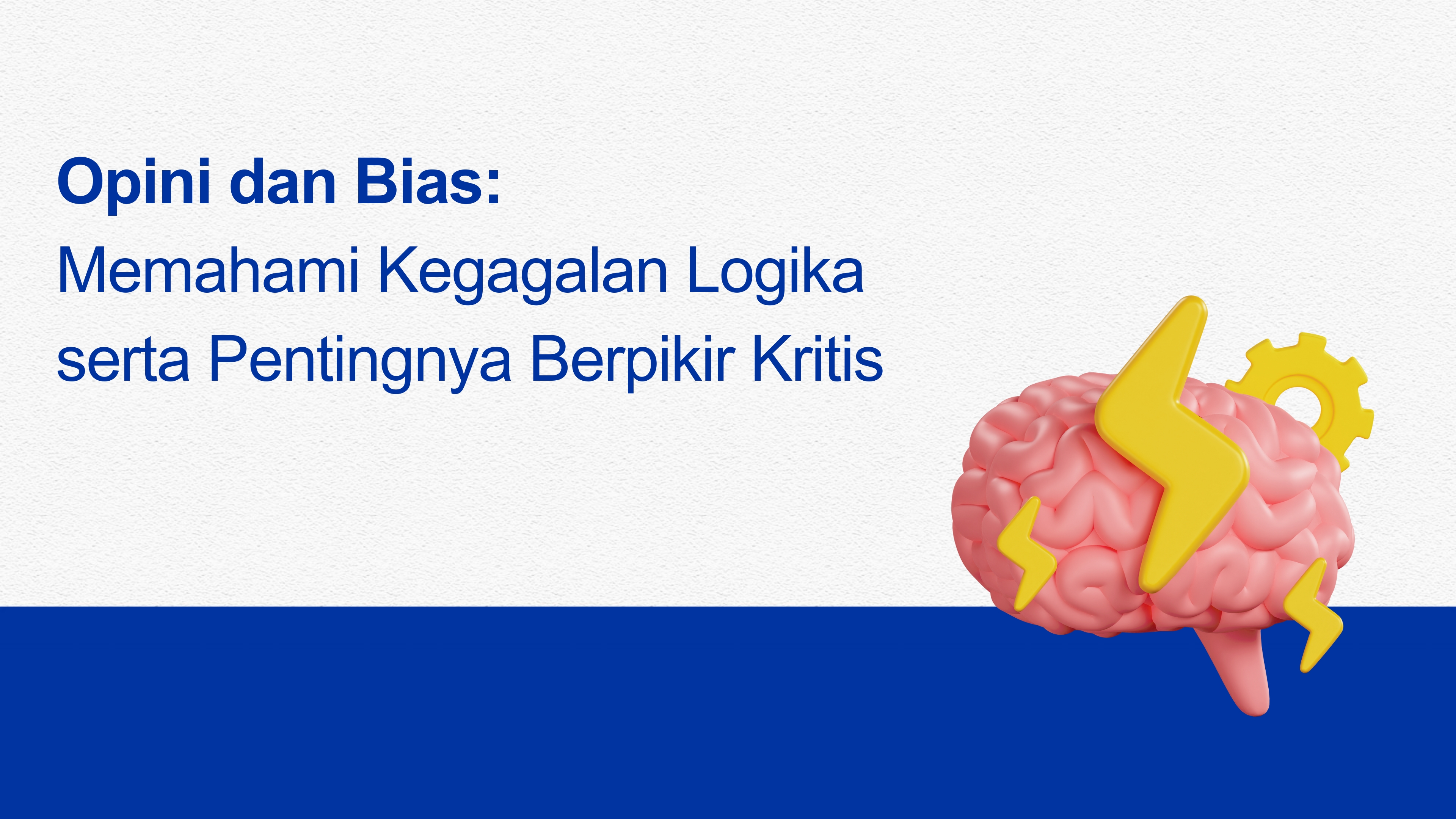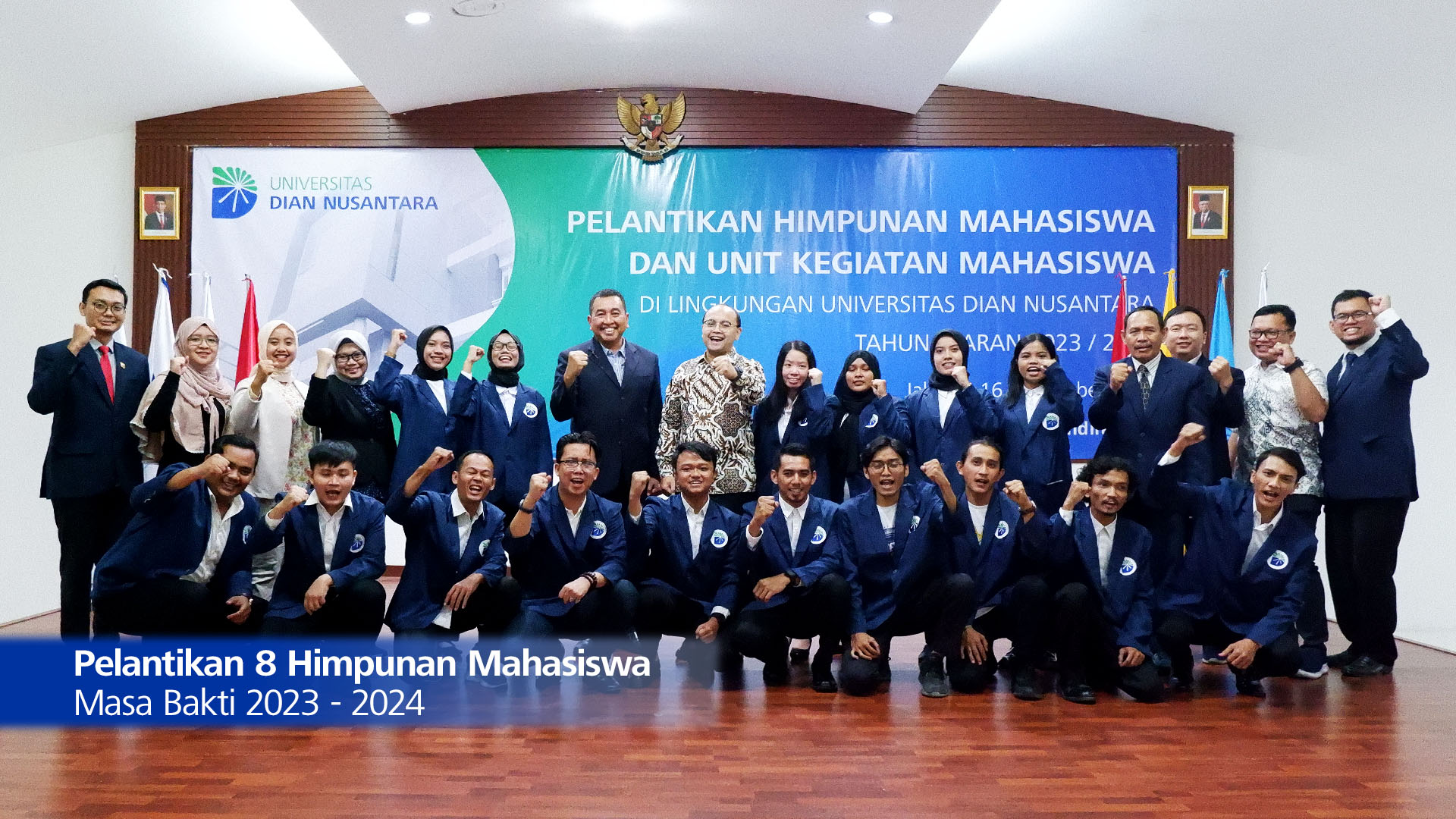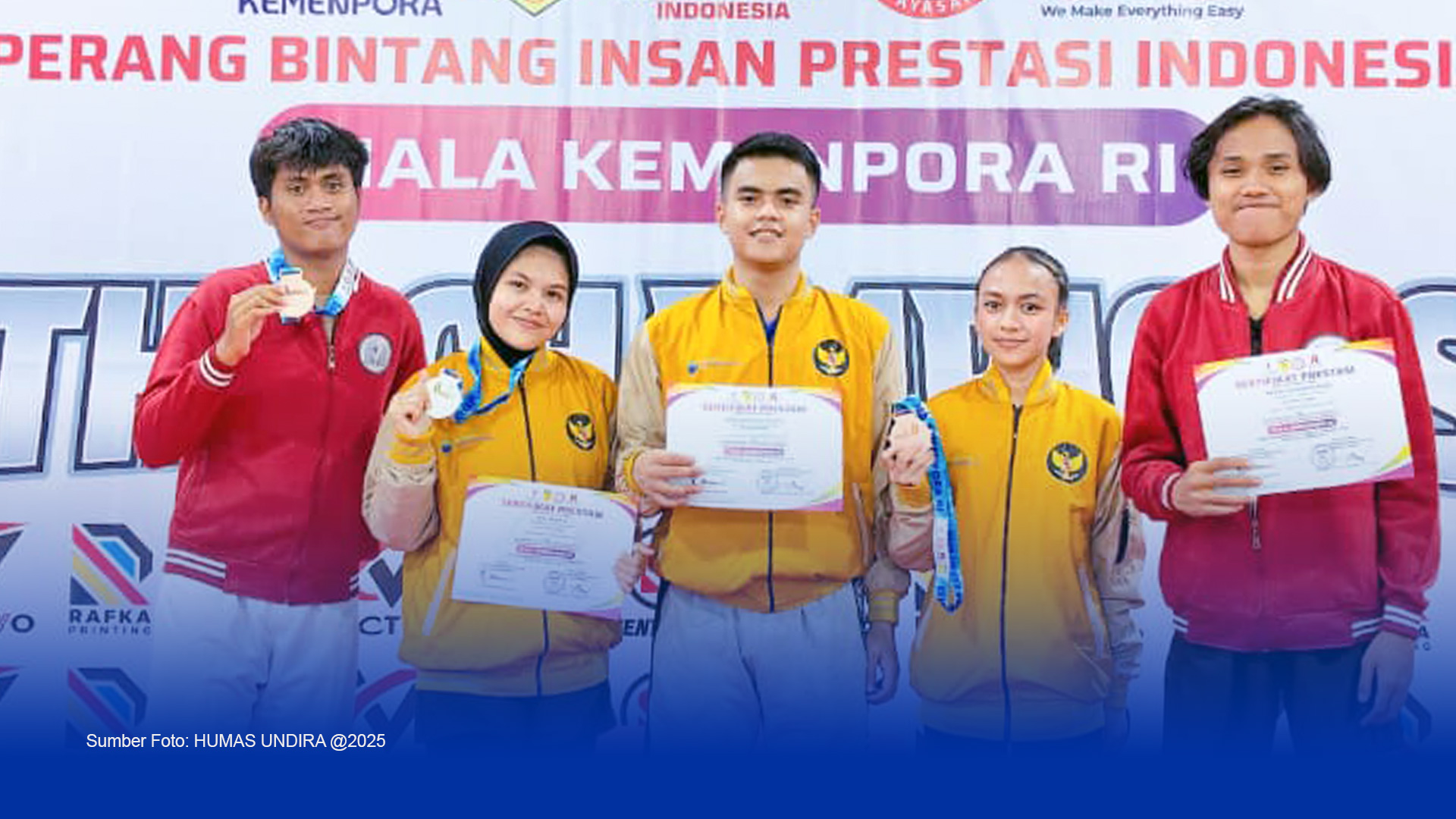Opinion and Bias: Understanding Logical Fallacies alongside the Importance of Critical Thinking

In our daily activities, we are often confronted with various opinions, information, and arguments from different sources, whether from social media, news outlets, or interactions with others. However, not all opinions or information are reliable.
Most of the information encountered on social media, especially within the realm of entertainment, reflects varying perspectives. Often, differences in opinion can be influenced by prejudice, logical fallacies, and even mystification, which may spread misinformation. Therefore, it is crucial to understand how these biases operate and to practice critical thinking, especially in the context of communication.
An opinion is an individual's view or stance on a matter. Opinions can be based on facts but are often influenced by emotions, personal experiences, or personal beliefs. Bias, on the other hand, is the tendency to view something from a non-objective perspective, often unconsciously.
As a result, communication becomes ineffective, and reaching mutual understanding becomes difficult, as arguments presented are not grounded in valid logic.
Thus, the ability to think critically is essential to help individuals recognize potential misinformation and avoid logical fallacies. Critical thinking enables us to reduce miscommunication, build stronger arguments, and foster more productive discussions.
The ability to think critically is particularly crucial for everyone amidst the rampant misinformation spread by buzzers, especially for students who serve as academic pillars and represent the future of the nation.
To develop critical thinking, we can start by always asking "why?" before accepting information, identifying biases in our own thinking, and being open to various perspectives. Additionally, reading news from diverse sources, discussing with people who hold different opinions, and objectively analyzing arguments can also help improve critical thinking skills. By doing so, we can communicate more clearly, present more well-founded opinions, and make decisions based on facts rather than mere emotions or prejudices.
In Universitas Dian Nusantara’s (UNDIRA) academic curriculum, students are provided not only with course materials based on Science and Knowledge but also with character-building lessons grounded in the core values of Visionary, Integrity, and Professionalism (VIP). This ensures that UNDIRA students are disciplined both in logic and character.
Universitas Dian Nusantara encourages its students to develop analytical thinking so they can think independently, argue rationally, and solve problems with the right approach. Through academic activities and student organizations, students can continue to refine their critical thinking skills by engaging in discussions, conducting research, and evaluating information before disseminating it.
With a balance between logic and emotion, students can not only avoid misinformation but also play a role in correcting it with factual information. Students will not only be better prepared for academic challenges but also for the demands of the professional world, where decision-making based on data and logic is a highly valued skill.
(Evelynie dan Danang Respati Wicaksono / HUMAS UNDIRA)
Press Contact :
Biro Humas & Sekretariat Universitas Dian Nusantara
Facebook : www.facebook.com/undiraofficial
Instagram : www.instagram.com/undiraofficial
Twitter : www.twitter.com/undiraofficial
www.undira.ac.id
Other
.jpg)
Valuable Experience Across Generations: IKA UNDIRA Holds Seminar and Sharing Session on the Role of Alumni
Read more
UNDIRA Inaugurates 8 HIMA and 10 Student Activity Units for the 2023-2024 Service Period
Read more
UNDIRA Students Achieve Remarkable Success at the KEMENPORA RI National Karate Championship, Securing 3 Medals!
Read more
Campus Tanjung Duren
Jln. Tanjung Duren Barat II No. 1
Grogol, Jakarta Barat. 11470
Campus Green Ville
JIn. Mangga XIV No. 3
Campus Cibubur
Jln. Rawa Dolar 65
Jatiranggon Kec. Jatisampurna, Bekasi. 17432







